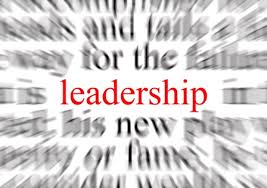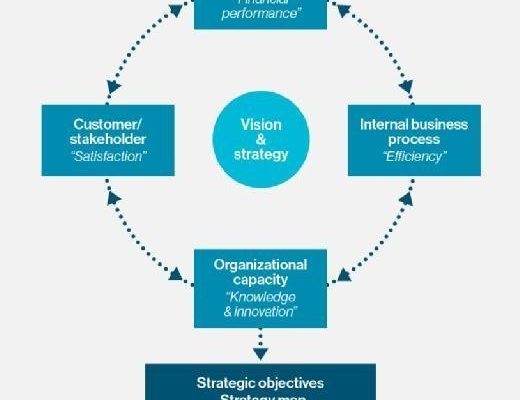Past, Present, and Future of Sustainable Leadership
Sustainable leadership builds on the past in an effort to create a better future for schools. This is against most educational change theories, which do not find a place for the past, since the “arrow of change” is thought to move only in a forward direction. Past problems are generally either ignored, or overcome in a rush to get to future improvement.
For those leaders attracted or addicted to change, the past is seen as a monument of backward thinking and irrational resistance for those whom they consider to favor the status quo, or those emotionally incapable of letting go of old habits and beliefs. These leaders consider the past to be a dark era of weak or poor leadership practices that leave negative legacies, models of schooling, or “uninformed” professional judgment in classroom instruction. All of these are negatives are seen as barriers to modernization.
Reform based only on the present or future becomes the opposite of sustainability. Sustainable development has the distinction of respecting, protecting, preserving, and renewing all the valuable elements of the past and learning from those elements to build a better future. One way of getting in touch with the past is to see teacher resistance and nostalgia among members of the profession not as obstacles to change, but as sources of wisdom. Teachers’ years of classroom experience should not be discounted.
Change theory must strive to create proposals that are built upon past legacies, instead of trying to ignore or destroy them. While contemplating changes, sustainable leadership calls on leaders to look to the past for precedents that might be reinvented or refined. Events of the past may also be used as evidence of policies that have succeeded or failed before.
However, the above proposal does not mean that leaders live in the past, but value and learn from it. We have to end “creative destruction,” where leaders see the need to wipe out the past in order to create a future. Creative destruction usually leads to endless back-and-forth movements, increased employee burnout, and the unnecessary waste of expertise and memory that has been accumulated over time. Instead, a creative recombination of the best parts of the past in a resourceful and renewing way should be used.
Through sustainable leadership, leaders should find new structures, technology, and people by finding, redistributing, reusing, and recombining mismatched parts that have been lying around in the school’s organizational “basement.” Sustainable leadership and improvement is concerned with both the future and the past. It refuses to treat people’s knowledge, careers, and experience as disposable waste, because, in reality, they are valuable and renewable resources. In conclusion, sustainable leadership does not blindly endorse the past, but respects and learns from it.




